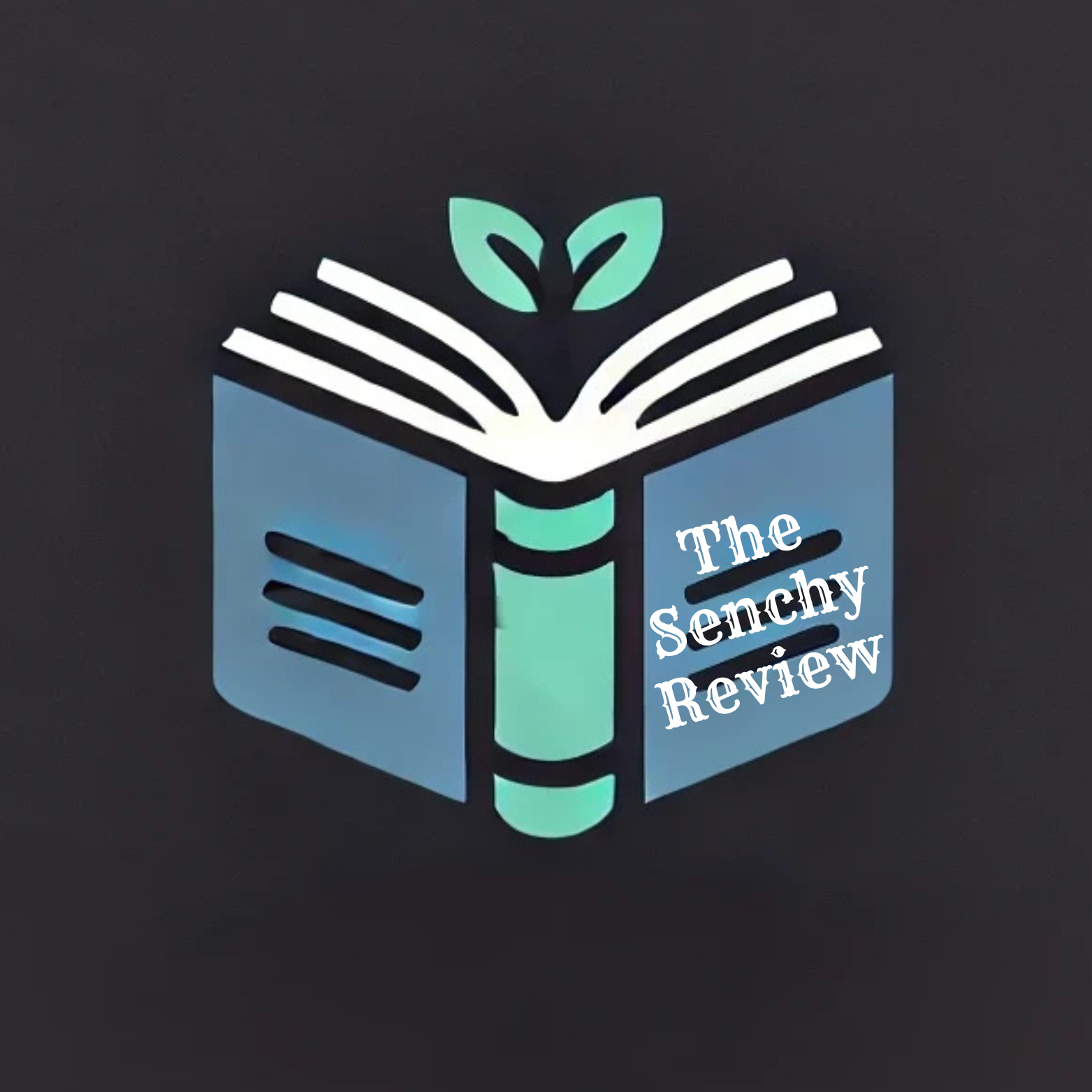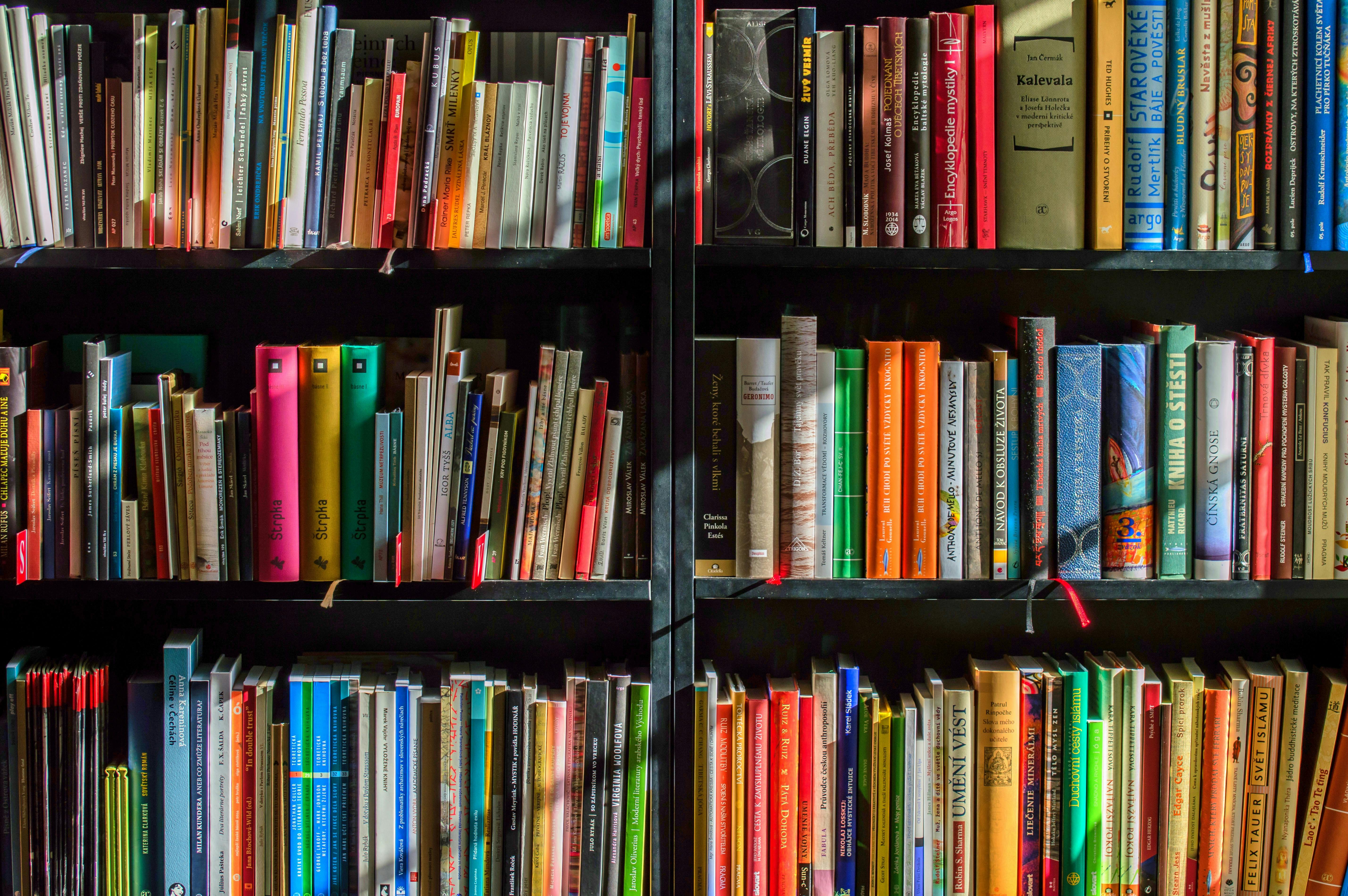This essay explores the Importance of Reading and How to Make it a Habit, and seeing as you've already started reading, you're off to a good start! Now, let's cut straight to the chase. This essay is divided into two parts: first, the importance of reading, and second, how to turn it into a habit.
Why is reading important? Because learning only from our own experiences is something even animals can do. What makes us uniquely human is our ability to pass down knowledge. If someone succeeded after 1,000 failures, there’s no reason for us to repeat those same mistakes. This simple concept, if fully understood, can have life-changing effects. Whatever problems you're facing, chances are someone else has gone through them and written about it. Whether you want to learn about happiness, artificial intelligence, gardening, or rocket science, there's a book for that. If you're dealing with heartbreak or tough times, there are books on that too. Books cover an endless array of topics, sharing the experiences, knowledge, and insights of people who can relate to your situation.
Now, you might be wondering: is there a difference between knowledge from books and that from social media? In my opinion, absolutely. There's a reason successful people like community leaders and CEOs read more books than watch YouTube videos. Books provide depth and quality that platforms often lack. Most information on social media is surface-level. The comments and videos tend to be more distracting than informative, giving the illusion of knowledge. I’m not saying that videos can’t be insightful—I’ve seen some that were—but the balance between books and social media needs adjusting, especially as content becomes shorter and less meaningful.
Books, on the other hand, require focus and can explore topics in depth. The author has usually spent years gaining expertise on the subject and gone through numerous drafts to make the writing as impactful as possible. With books, you can read at your own pace and check whether you’re truly understanding the concepts.
Reading can also make you more empathetic and a better human being. Books, especially novels and well-crafted stories by competent authors, have the unique ability to let us see the world through the eyes of someone entirely different from ourselves. The protagonist could be someone we wouldn’t normally empathize with—perhaps they are considered ‘evil,’ impoverished, or even arrogant. Yet through their experiences, we begin to understand their motivations, their struggles, and the complexity of their character.
In the best novels, authors teach us powerful lessons about humanity in subtle, often profound ways. The storylines might be fictional, but the emotions, challenges, and moral dilemmas are very real. These stories invite us to reflect on our own lives and the people around us, pushing us to look beyond our judgments and preconceptions. This is one reason why novels are so effective—because we, as humans, are wired to learn through stories. It's through the narrative arcs, the conflicts, and the resolutions that we internalize values and insights.
When we read about someone facing hardship, loss, or moral conflict, we vicariously experience their journey, and in doing so, we expand our own emotional and intellectual horizons. It’s not just about understanding different characters; it’s about recognizing the shared humanity in all of us. By connecting with fictional worlds, we often return to our real world with more compassion, patience, and understanding for others and ourselves.
Now that you've made it this far, I hope I’ve managed to convince you that reading is beneficial for you. With that foundation laid, let’s move on to the more exciting part: making reading a habit.
First and foremost, make it fun. When you’re starting out, pick something that genuinely interests you, and keep it simple. Don’t burden yourself with overly complex books or high expectations. Just read what grabs your attention and stop whenever you feel like it. The key isn’t about how intensely you read but about how consistently you do it. Set aside a regular time for reading—whether it’s daily, every other day, or even weekly. You don’t have to read for hours on end. In fact, you can start with as little as a minute if that feels manageable. The goal is to stick to a rhythm that works for you.
A helpful trick to stay consistent is to remind yourself that you can stop reading anytime you want. There’s no pressure to finish a certain number of pages or reach a particular goal in one sitting. This removes the mental barrier that often makes starting difficult.
Another tip is to choose a time of day when your willpower is at its peak. Willpower, like energy, gets depleted as the day goes on. Trying to start a reading habit at the end of a long day, after work or school, is not the way to go. It’s much easier to read when you’re feeling fresh and focused, perhaps in the morning or during a break when you have the mental capacity to engage with a book.
It’s also helpful to keep a reading list in a place where you’ll see it often—maybe in front of your desk or on your door. This visible reminder helps keep the habit in your mind, and tracking your reading progress will significantly increase your chances of sticking with it.
Of course, there are many other strategies you could use to build and maintain a positive habit, but you don’t need me to tell you all of them. You’ll discover these and more when you read Atomic Habits by James Clear.
In conclusion, make reading easy and fun. Then eventually, it will not be a chore but a reward.

